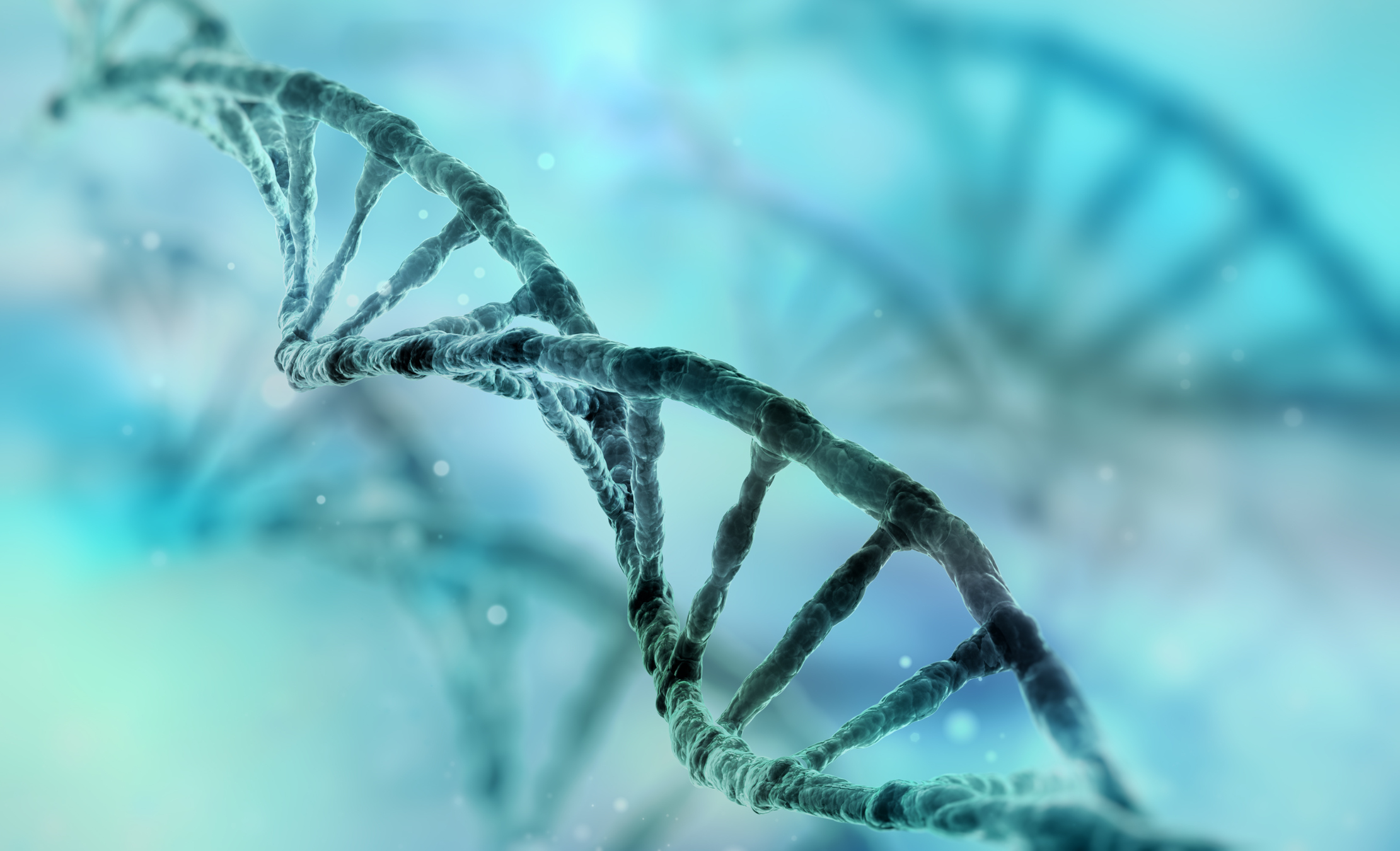Tag: Biochemistry
-

New Gene Target for Aggressive Lung Cancer Discovered
Northwestern Medicine scientists have identified a gene that is responsible for activating an aggressive subtype of small-cell lung cancer for which there is no current effective treatment.
-

Bioinformatic Computational Tool Analyzes Tissue Samples to Discern Disease
A novel integrative computational technique allowed scientists to classify disease conditions at the molecular level using epigenomic data sets.
-

Suppressive Immune Cells Combat Chronic Inflammation
A team of Northwestern Medicine scientists have discovered that a specific type of immune cell is necessary for the suppression of chronic inflammation, revealing a potential therapeutic target for patients with rheumatoid arthritis.
-

Cancer Cells Hijack Nucleotide Metabolism to Boost Cell Proliferation
Mutations in the genes RAS and RAF allow cancer cells to create their own nucleotides, fueling cancer growth, according to a recent study published in Molecular Cell.
-

Origin of Cancer Cells Influences Skin Cancer Prognosis
A new Northwestern Medicine study found important differences in rare skin lymphomas stemming from their specific cell of origin and clinical presentations, according to findings published in Nature Communications.
-

New Function for Transcriptional Regulator Discovered
A new Northwestern Medicine study discovered a new and unexpected function for the transcriptional regulator MLL2/COMPASS.
-

Genetic ‘Neighborhoods’ Fuel Leukemia
A new study has found that genetic alterations in a rare form of leukemia physically change the architecture of DNA, fueling the replication and spread of cancer cells.
-

New Insights into Chromosome Folding
A new study has helped solve the mystery of how dysfunctional chromosome folding leads to cancer.
-

Lymphatic Capillaries Help Regulate Stem Cells for Tissue Regeneration
Lymphatic capillaries help regulate the niche microenvironment surrounding stem cells, which promote the regeneration of hair follicles after injury or damage, according to a study published in Science.
-

Northwestern and Cell Press Symposium Highlights Transcriptional Regulation
Northwestern and Cell Press hosted a symposium on transcriptional regulation, welcoming more than 350 attendees from around the world.






